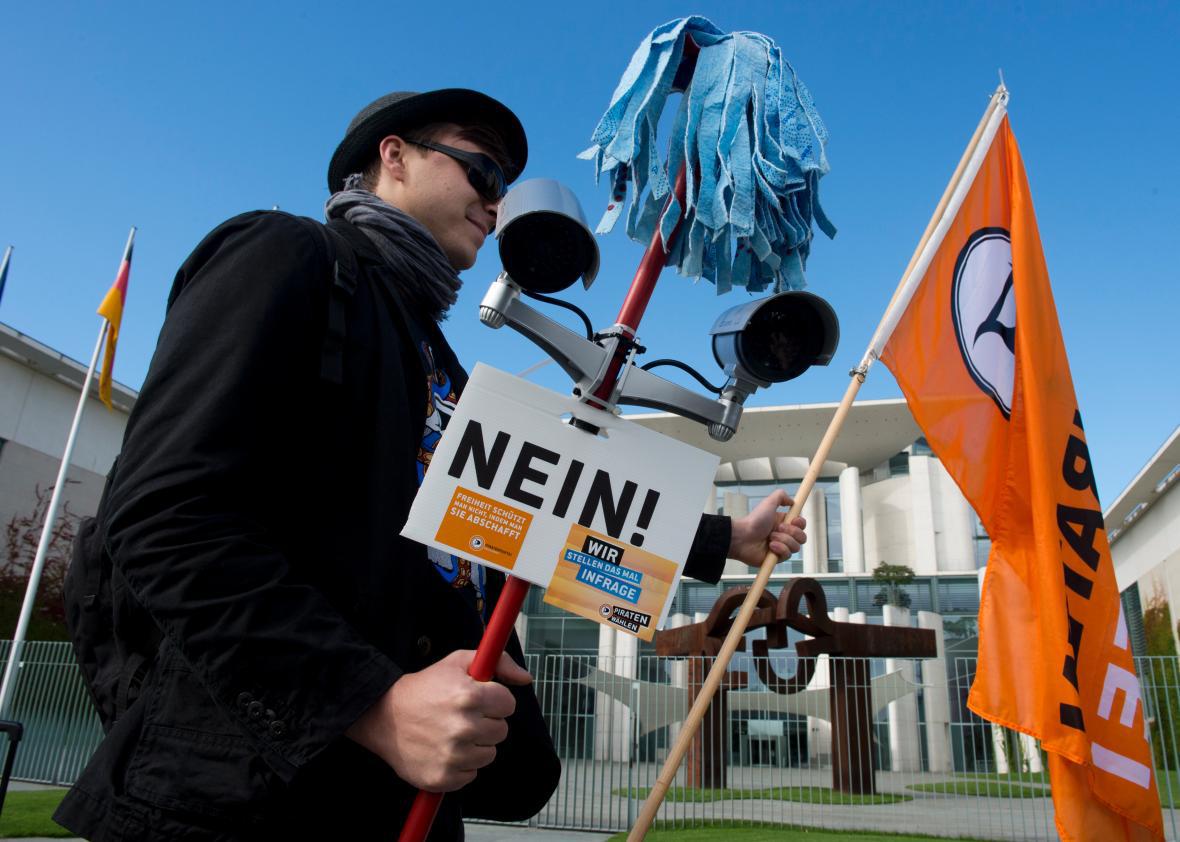The current populist wave in Europe has been very good for parties on the far right and on the far left—France’s National Front is leading the polls heading into next year’s presidential election and Spain’s Podemos has busted up the country’s long-running two-party political system. But the anti-establishment mood has also been good for parties that don’t fall neatly on the ideological spectrum.
In a shocking result over the weekend, the Lithuanian Peasants and Green Union won 40 percent of the seats in the country’s parliamentary elections. While the name might conjure up images of pitchforks and straw hats, the agrarian party was founded by billionaire industrial farmer Ramunas Karbauskis promising a centrist, technocratic government that would seek to slow the flow of emigrants from Lithuania to richer parts of the European Union. (An estimated 370,000 of Lithuania’s 3.3 million people have left since it joined the EU in 2004.)
On the other side of the continent, Iceland’s Pirate Party appears to be on the verge of triumph in parliamentary elections next weekend. The first Pirate Party was founded in Sweden in 2006 by software developer Rick Falkvinge to support online privacy and oppose restrictive copyright laws that prohibit file sharing. (Falkvinge is also a major backer of the cryptocurrency bitcoin.) It has branches in most European countries and one seat in the EU parliament, but Iceland looks likely to provide its greatest success, again. Though most of its members skew libertarian to anarchist, the party is officially nonideological and sets its platform through online polls.
The Icelandic Pirate Party was founded by poet and activist Birgitta Jonsdottir, who used to be a close ally of WikiLeaks founder Julian Assange and has since fallen out with the group. The party wants to make Iceland a haven of internet freedom, a “Switzerland of bits,” and wants to offer asylum to Edward Snowden. Iceland has in recent years been fertile ground for unusual and unclassifiable political voices, particularly since the financial meltdown of 2008. Comedian Jon Gnarr, whose “Best Party” ran on a satirical platform promising dinosaurs in the city parks and a “drug free parliament by 2020,” served as mayor of Reykjavik from 2010 to 2014.
Italy’s Five Star Movement, an anti-establishment, anti-globalization party founded in 2009 by comedian Beppe Grillo, had its greatest moment of triumph in June, winning mayoral elections in Rome and Turin. But Rome’s Mayor Virginia Raggi, a political newcomer, has had a rough go of it so far, with several high-profile resignations, conflict of interest scandals, and a chronic failure to pick up garbage during the hot summer months. Whether or not the city’s experience will be a cautionary tale about voting for inexperienced candidates to stick it to the establishment remains to be seen.
Still, it’s a good time to be an outsider in European politics. If Germany’s Die Partei, a satirical party that advocates war against Liechtenstein, the rebuilding of the Berlin wall, and regulations mandating the curviness of tank barrels, can win a seat in the European parliament, there’s hope for anyone.
